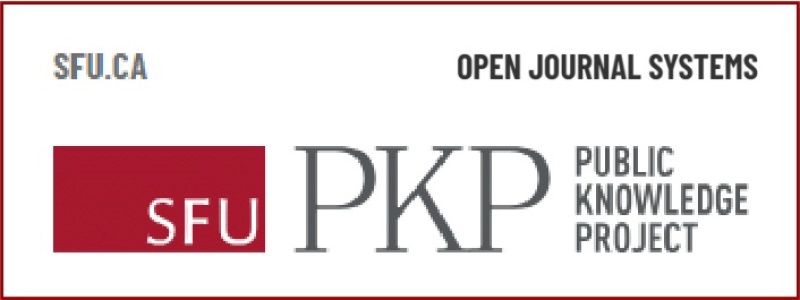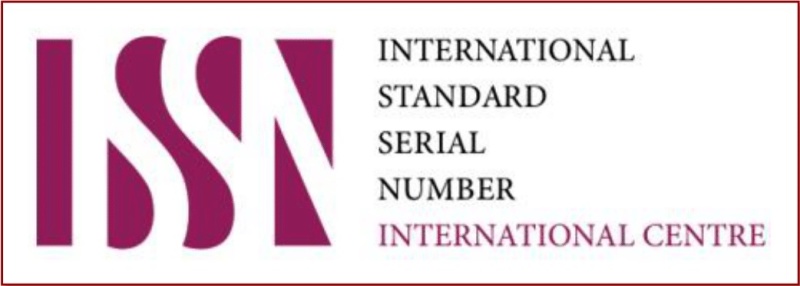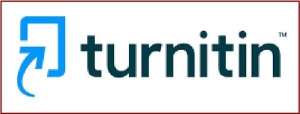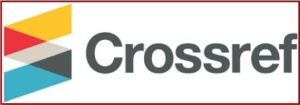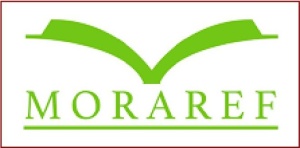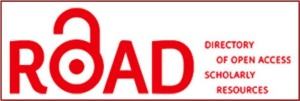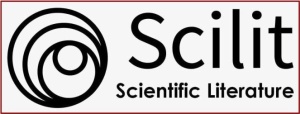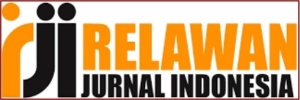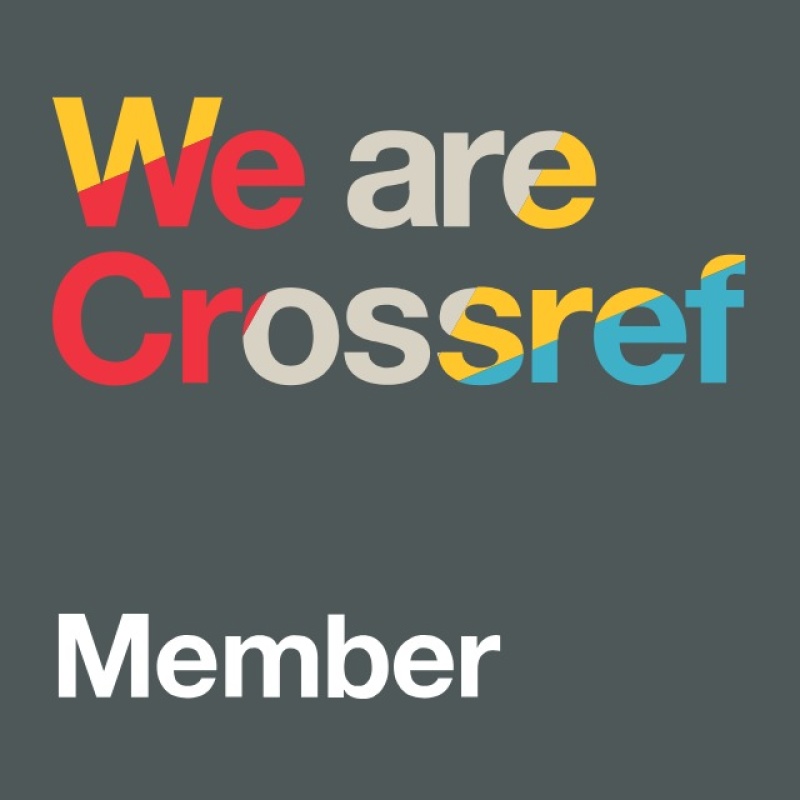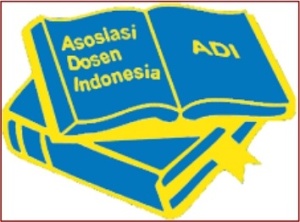Analisis Kelayakan Modul Ekologi Berdasarkan Penilaian Validator dalam Konteks Pendidikan Lingkungan
DOI:
https://doi.org/10.36312/educatoria.v5i1.348Keywords:
Feasibility, Ecology Module, Environmental Education, Validator Assessment.Abstract
This study aims to analyze the feasibility of the ecology module based on validator assessments in the context of environmental education. The developed ecology module aims to provide a deep understanding of the importance of environmental protection and to raise ecological awareness among students. The type of research is development research involving validators consisting of content/material experts, language experts, and appearance experts. Data were collected through assessment instruments designed to evaluate the aspects of content, structure, language, and the alignment of the module with environmental education objectives. The research results show that the validation conducted by three expert validators, namely content/material experts at 77.5%, language experts at 82.5%, and appearance experts at 72.5%. The overall average of the three is 79.6%. Overall, the developed ecology module has met the feasibility criteria, although there are some suggestions for improvement regarding the simplification of the material and the use of more engaging media. Based on the validator's assessment, this module is considered effective in conveying ecological concepts and relevant for application in the context of environmental education in schools, thus it can be concluded that the ecology module is deemed feasible and does not need to be revised.
Downloads
References
Arikunto, S. (2007). Prosedur Penelitian Suatu Pendekatan Praktek. Jakarta: PT. Rineka Cipta.
Arikunto, S. (2011). Prosedur Penelitian: Suatu Pendekatan Praktik (Edisi Revisi VII). Jakarta: PT. Rineka Cipta.
Bai, A. K., Yusuf, F. M., & Ibrahim, M. (2024). Pengembangan Modul Ajar Berbasis Studi Kasus pada Materi Gangguan Sistem Pernapasan Manusia Menggunakan Model Problem Based Learning di Sekolah Menengah Atas. Didaktika: Jurnal Kependidikan, 13(4), 4827-4838. https://doi.org/10.58230/27454312.1254
Daryanto, S. (2013). Menyusun Modul Bahan Ajar untuk Persiapan Guru dalam Mengajar. Yogyakarta: Gava Media.
Gay, L. R. (1990). Educational Research : Competencies for Analysis and Application. New York: Macmillan Publishing.
Handayani, A. A. A. T., Muhali, M., & Pahriah, P. (2024). Pengembangan Modul Berbasis Problem Based Learning (PBL) pada Materi Laju Reaksi. Multi Discere Journal, 3(1), 1-10. https://doi.org/10.36312/mj.v3i1.2226
Hasanah, U. (2024). Validitas Modul Sistematika Invertebrata sebagai Media Pembelajaran bagi Mahasiswa. Panthera : Jurnal Ilmiah Pendidikan Sains dan Terapan, 4(4), 175-181. https://doi.org/10.36312/panthera.v4i4.327
Idayanti, Z., & Suleman, M. A. (2024). E-Modul sebagai Bahan Ajar Mandiri untuk Meningkatkan Hasil Belajar Peserta Didik. Jurnal Penelitian dan Pengembangan Pendidikan, 8(1), 127-133. https://doi.org/10.23887/jppp.v8i1.61283
Janiarta, M. A., Safnowandi, S., & Armiani, S. (2021). Struktur Komunitas Mangrove di Pesisir Pantai Cemara Selatan Kabupaten Lombok Barat sebagai Bahan Penyusunan Modul Ekologi. Bioma: Jurnal Biologi dan Pembelajarannya, 3(1), 60-71. https://doi.org/10.31605/bioma.v3i1.1030
Nugraha, M. F., Sya, A., Sunaryo, S., Husen, A., Hendrawan, B., & Purwanto, A. (2021). Implementasi Media Video Pembelajaran Pendidikan Lingkungan Hidup Terintegrasi IPA untuk Siswa Sekolah Dasar pada Platform Youtube. Naturalistic: Jurnal Kajian Penelitian dan Pendidikan dan Pembelajaran, 5(2b), 934-941. https://doi.org/10.35568/naturalistic.v5i2b.1284
Ritonga, S., Syabrina, L., Rizkina, A., Ramadhan, R., & Rusydi, A. M. (2024). Peran Pendidikan Lingkungan terhadap Sikap Peduli Siswa pada Kelestarian Lingkungan Hidup di MTs Al-Washliyah Wonosari, Desa Celawan, Kecamatan Pantai Cermin, Kabupaten Serdang Bedagai. Jurnal PEMA Tarbiyah, 3(2), 56-65. http://dx.doi.org/10.30829/pema.v3i2.3953
Septyaningrum, K., & Lestari, N. A. (2023). Validitas Perangkat Pembelajaran Project-Based Inquiry Science Terintegrasi Pendidikan Lingkungan untuk Meningkatkan Kemampuan Berpikir Kritis. Jurnal Ilmu Pendidikan dan Pembelajaran, 2(1), 1-16. https://doi.org/10.58706/jipp.v2n1.p1-16
Sugiyono, S. (2011). Metode Penelitian Pendidikan Pendekatan Kuantitatif, Kualitatif dan R&D. Bandung: CV. Alfabeta.
Supadmini, N. K., Wijaya, I. K. W. B., & Larashanti, I. A. D. (2020). Implementasi Model Pendidikan Lingkungan UNESCO di Sekolah Dasar. Cetta: Jurnal Ilmu Pendidikan, 3(1), 77-83. https://doi.org/10.37329/cetta.v3i1.416
Suswanto, S. (2011). Manajemen Sumber Daya Manusia dalam Organisasi Publik dan Bisnis. Bandung: CV. Alfabeta.
Thiagarajan, S., Semmel, D. S., & Semmel, M. I. (1974). Instructional Development for Training Teachers of Exceptional Children: A Sourcebook. Bloomington: Indiana University.

Downloads
Published
How to Cite
Issue
Section
License
Copyright (c) 2025 Astri Hariyati

This work is licensed under a Creative Commons Attribution-ShareAlike 4.0 International License.
-
Attribution — You must give appropriate credit, provide a link to the license, and indicate if changes were made. You may do so in any reasonable manner, but not in any way that suggests the licensor endorses you or your use.
-
ShareAlike — If you remix, transform, or build upon the material, you must distribute your contributions under the same license as the original.

